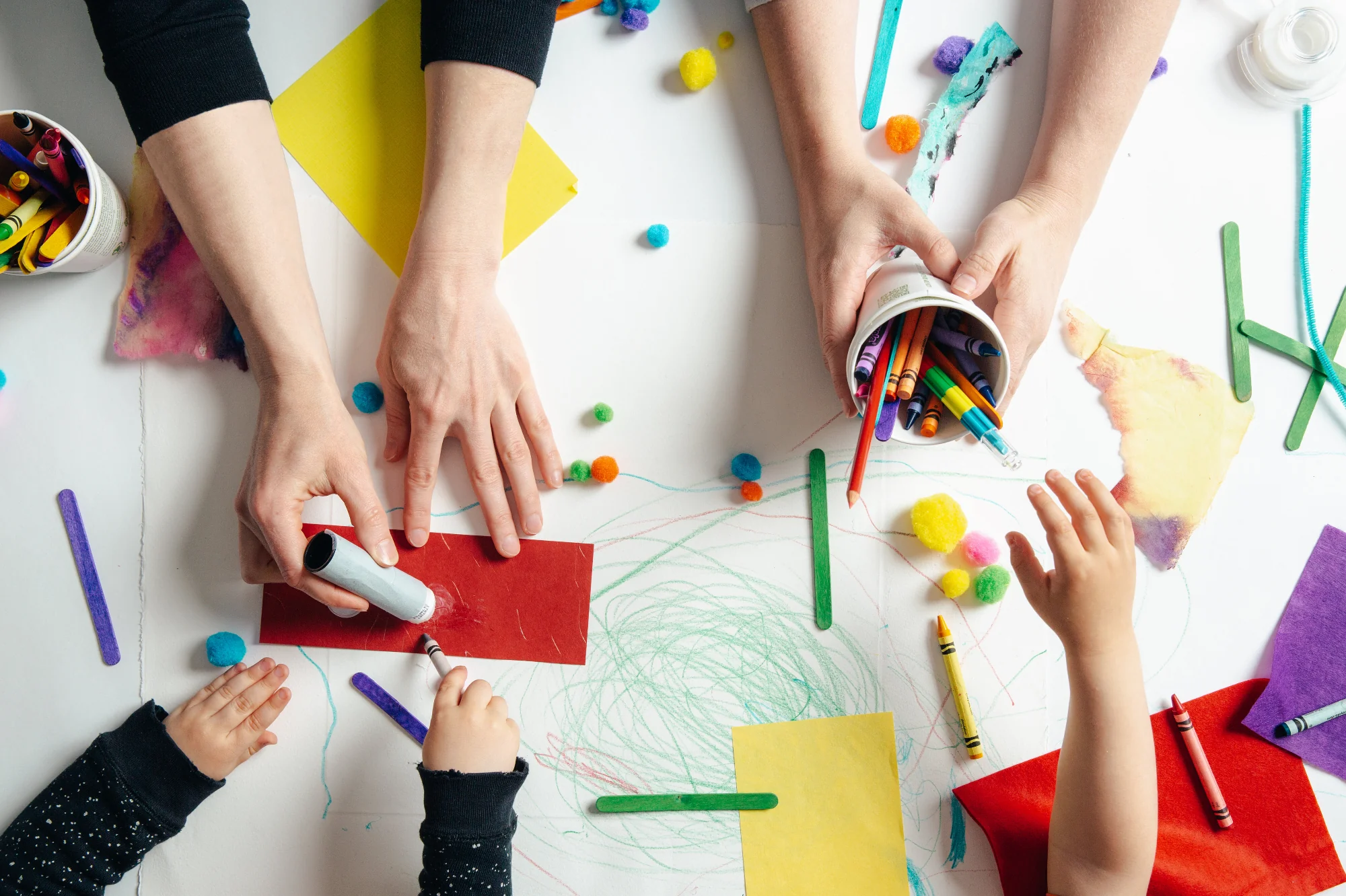Early childhood education is a crucial phase in a child’s life, laying the foundation for future learning and development. As we delve into the ABCs of early childhood education, it’s essential to explore the basics that contribute to a child’s holistic growth. Let’s navigate through the key aspects, understanding the importance of each letter in this educational alphabet.
A for Active Learning
Active learning is at the core of early childhood education. It goes beyond traditional teaching methods, encouraging children to participate actively in their learning process. This idea is embraced by Kiddonia Preschool, Ravet, which uses engaging, interactive activities to pique students’ interest. From hands-on experiments to collaborative projects, active learning fosters a love for exploration and discovery.
B for Building Social Skills
Social skills are instrumental in a child’s overall development. Kiddonia recognizes the significance of building strong social foundations. Through group activities, playdates, and collaborative projects, children learn to communicate, share, and develop empathy. These skills extend beyond the classroom, preparing them for a socially interactive future.
C for Cognitive Development
Cognitive development encompasses the acquisition of knowledge, problem-solving abilities, and critical thinking skills. Kiddonia Preschool integrates age-appropriate activities that promote cognitive growth. From puzzles to storytelling sessions, each activity is designed to challenge and stimulate young minds, laying the groundwork for future academic success.
The Importance of Play in Early Childhood
For kids, play is more than just a hobby—it’s an essential part of their growth. Whether it’s imaginative play, constructive play, or cooperative play, each type contributes to different facets of learning. Kiddonia Preschool understands this, providing a play-centric environment that nurtures creativity, social skills, and emotional well-being.
The Significance of Early Literacy
Early literacy sets the stage for a lifelong love of reading and learning. Kiddonia incorporates storytelling, picture books, and phonics activities to cultivate literacy skills from an early age. By making literacy an integral part of daily activities, children develop language proficiency and a passion for reading.
Nurturing Emotional Intelligence
Emotional intelligence is as vital as academic prowess. Kiddonia focuses on nurturing emotional intelligence through activities that encourage self-awareness, empathy, and effective communication. These skills are fundamental for building positive relationships and navigating the complexities of the social world.
Interactive Learning Methods
In the digital age, interactive learning methods are indispensable. Kiddonia integrates technology into the curriculum, offering age-appropriate apps and educational games. This approach not only makes learning enjoyable but also prepares children for the tech-driven future they will encounter.
Parents’ Involvement in Early Childhood Education
The education of a kid is a collaborative effort between parents and teachers. Kiddonia recognizes the importance of involving parents in the learning journey. Regular communication, parent-teacher meetings, and interactive workshops create a strong partnership, ensuring consistent support for the child’s development.
Addressing Individual Learning Styles
Every child is unique, with distinct learning styles and preferences. Kiddonia acknowledges this diversity and tailors its educational approach to accommodate various learning styles. Whether a kid learns best with hands-on activities, auditory stimuli, or visual aids, Kiddonia adjusts to provide individualized and successful learning experiences.
The Transition to Formal Education
Preparing children for the transition to formal education is a critical aspect of early childhood education. Kiddonia focuses on developing foundational skills that ease the transition to kindergarten. This includes fostering independence, basic academic skills, and a positive attitude towards learning.
Assessing Progress and Development
Regular assessments are essential to track a child’s progress and development. Kiddonia employs a comprehensive assessment approach that goes beyond academic achievements. Milestones in social, emotional, and cognitive development are celebrated, creating a positive and encouraging learning environment.
Building a Foundation for Lifelong Learning
Instilling a lifelong love of learning is the ultimate goal of early childhood education. Kiddonia Preschool’s holistic approach ensures that children not only excel academically but also develop a curiosity and enthusiasm for continuous learning, laying the foundation for a successful future.
Kiddonia Preschool’s Approach to Holistic Development
Kiddonia Preschool, Ravet, stands out for its commitment to holistic development. By focusing on the ABCs of early childhood education, Kiddonia ensures that children receive a well-rounded education. Success stories and testimonials from parents highlight the positive impact of Kiddonia’s approach on children’s lives.
Summary
In conclusion, understanding the ABCs of early childhood education is key to providing a solid foundation for a child’s future. Kiddonia Preschool, Ravet, exemplifies these principles, ensuring that children not only learn the basics of academics but also develop essential life skills in a nurturing and supportive environment.

